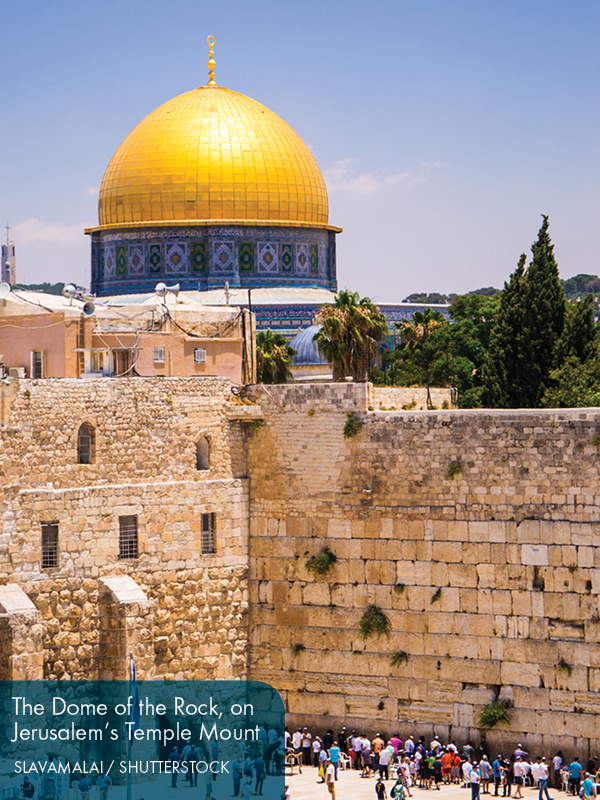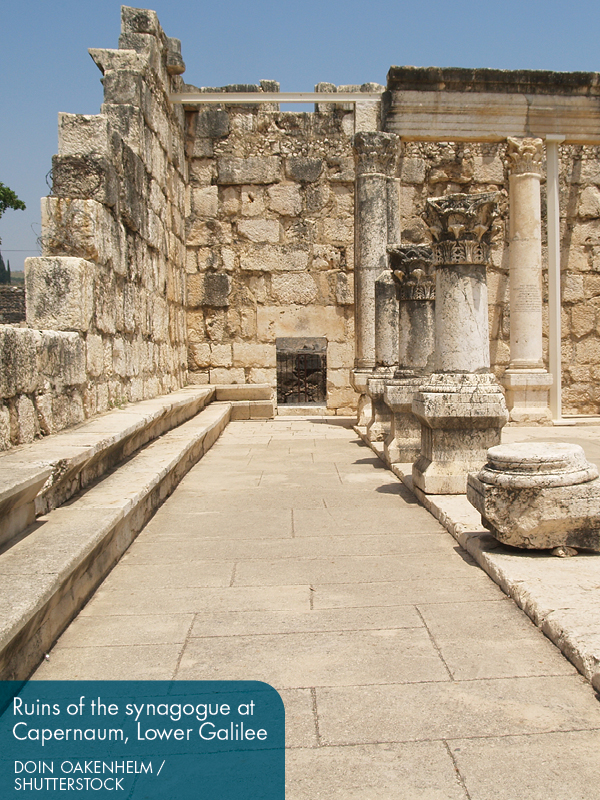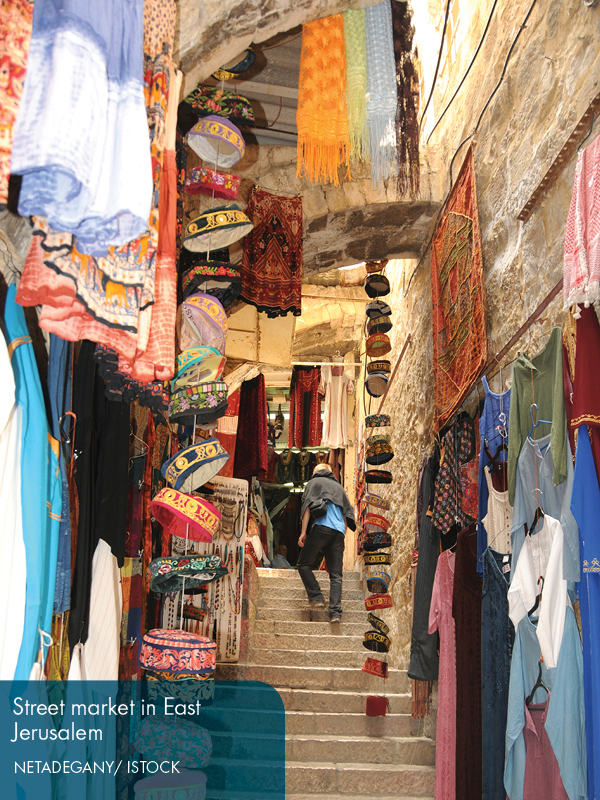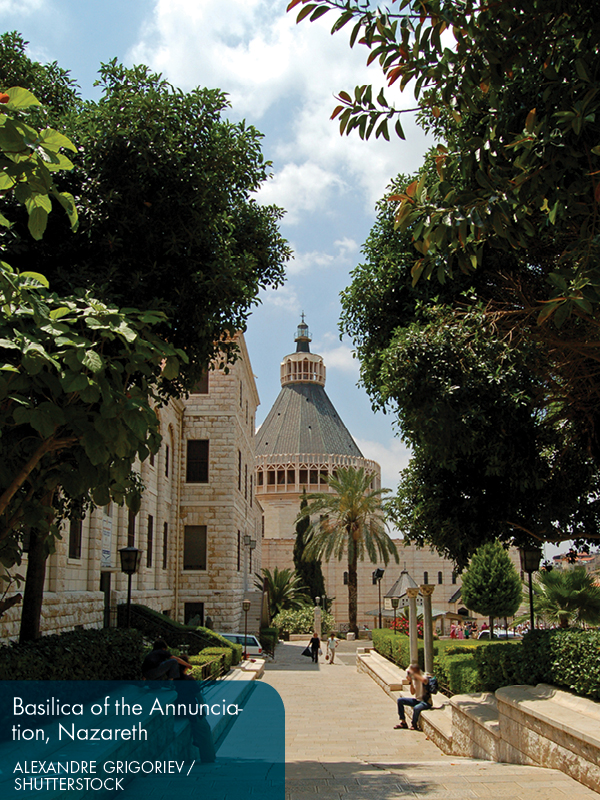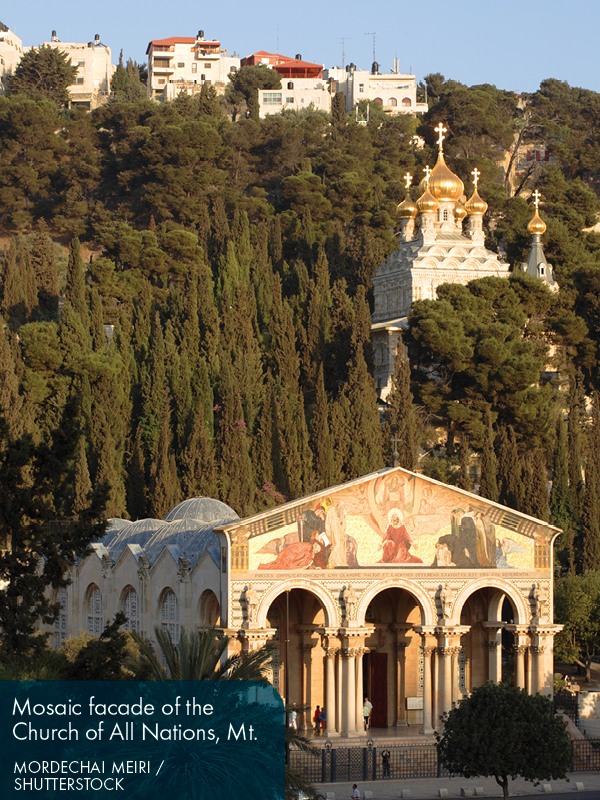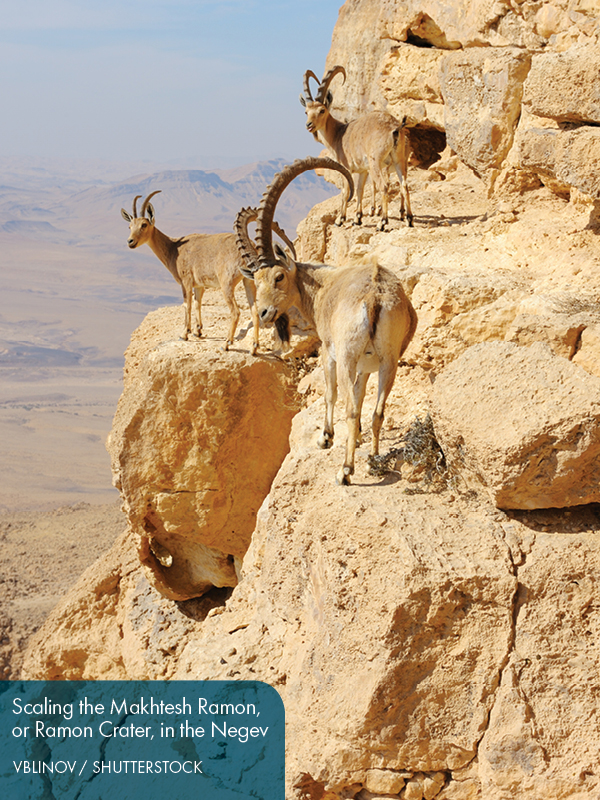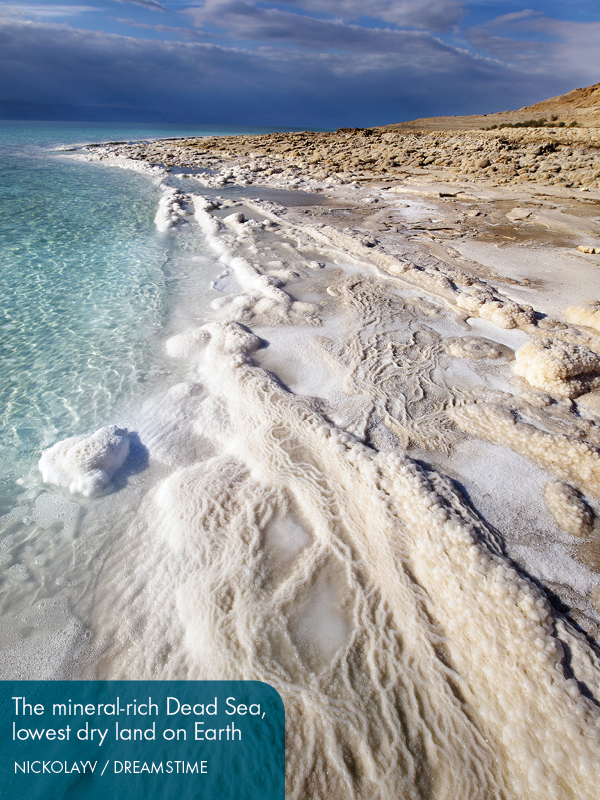

Jerusalem
Around Jerusalem
Tel Aviv
Haifa
Lower Galilee
Upper Galilee
Eilat and the Negev
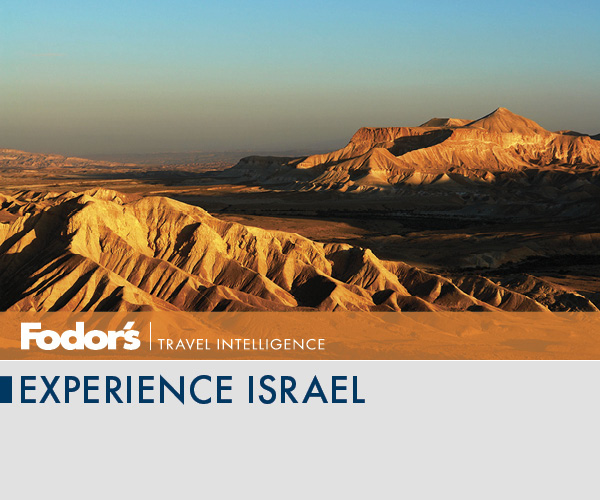
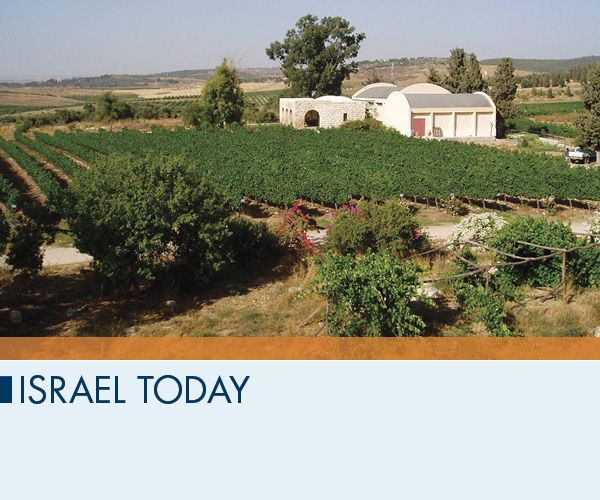
Israelis are at once warmly hospitable and feisty. The countrys ethnic, religious, and political mix, endlessly fascinating, can be exasperating as well. But, with legendary resilience, Israelis seem to thrive on complexity, and life between the headlines is astonishingly normal.
A Vibrant Economy, and Yet ...
Israels founding fathers were socialists and its early economy largely agrarian. Thats history, though. Agriculture today is sophisticated and technology-based, but its share of the countrys exports is under 3%, as the economy has burgeoned and reinvented itself.
With few natural resourcesbeyond newly discovered natural gasthe human factor was always crucial. Diamond cutting, an early initiative of Jewish refugees from wartime Holland and Belgium, supplies some 40% of the worlds cut and polished stones and 20% of all Israels exports. And tourism is big, of course, with 3.5 million visitors a year, mostly Holy Land pilgrims and Jewish roots travelers.
The real story of the last quarter century is high-tech. Israel is second only to the United States in the number of its start-ups; computer systems, imaging, medical research, and biotech are leading specialties; and Israeli companies with attractive expertise are constantly being snapped up by big foreign corporations.
The countrys financial environment, including vigilant bank regulation, has helped it weather global crises better than most. In 2010, Israel was accepted to the Organisation for Economic Co-operation and Development (OECD), yet the gap between the haves and have-nots is high, and one out of every five Israeli families lives below the poverty line. Despite acute public awareness of the problem, global surveys in 2012 show Israel as a conspicuously happy society: the Happy Planet Index, for example, has Israel in 15th place. Go figure.
The Palestine Conundrum
Relations between Israel and the Palestinians, always fraught, have been in crisis for some time. The promising peace talks toward the end of the last decade are a distant memory, with each side blaming the other for the impasse. In a fresh gambit, the Palestinians took their case to the United Nations General Assembly in November 2012, winning overwhelming support for recognition of Palestine as a sovereign but nonmember state. The Israeli government defiantly responded by fast-tracking controversial construction plans in the West Bank. International criticism was unusually strong.
There is mounting concern that time is running out for a two-state solution, which envisages Israel and a viable sovereign Palestine alongside each other. At this writing, U.S. Secretary of State John Kerry was engaged in high-frequency shuttling between the parties in order to jump-start talks; but faith in the moribund peace process is low, and Palestinians feel that international recognition has given them traction to examine other options. Meanwhile, the credibility of Palestinian leader Mahmoud Abbas has ebbed away, even within his own Fatah factionlet alone his bitter rival, the militantly Islamist Hamas that controls the Gaza Strip.
Beyond the Headlines
Israel is so often a source of breaking news that its life beyond the headlines seems like a well-kept secret. The big cities are very cosmopolitan; a vigorous Israeli film industry has won kudos and awards at international festivals; and the nationwide Book Week is a major cultural event. Classical orchestras, ensembles, and solo artists perform in Israel and abroad. Athletes have enjoyed occasional bright moments on the Olympic podiumthough Israeli Paralympians are always among the medalsand in European club basketball. And Israel is a world-class chess nation, as Israelis proudly discovered when grandmaster Boris Gelfand challenged the world champion in 2012: the Israeli was just edged out in a sudden-death tiebreaker.
Academia is strong. Six Israelis have been awarded Nobel Prizes since 2002, four in chemistry and two in economics. Innovative research groups continue to make important biological and medical breakthroughsat the conceptual, technological, and pharmacological levelsfor the treatment of cancer and many other diseases, in fields like nanotechnology and stem-cell treatment, and much more.
In the important business of Arab-Jewish relations (within Israel), much needs to be done; but there are joint business ventures, bilingual theater groups and bands, and interschool dialogue and collaborative projects.
Greening Israel
Israels chronic water shortage has spurred the search for creative solutions. Drip irrigation is a clear winner; seawater desalination and wastewater treatment (an extraordinary 75% reclaimed) top up the reserves. Rooftop solar panels for domestic water heaters punctuate city skylines, and small solar-energy plants operate in the Negev Desert. Israel has embraced green concepts, developing and often exporting homegrown environmental products and technologies. Cities are widening their recycling programs, encouraging bikers, and improving public transportation. And organic produce is easier than ever to come by.
Around the Region
Of all the popular uprisings dubbed the Arab Spring, the most worrying for Israel were those close by. In Egypt, Hosni Mubaraks regime fell and was replaced by the Muslim Brotherhood, which is the mentor of Hamas, the Islamist Palestinian movement that dreams of eliminating Israel.
After one year in office, the Egyptian president, Mohamed Morsi, was deposed by the military, ostensibly because of his failure to deliver on earlier promises. The most important Arab country in the region is seen to be imploding, and the rift between rival factions now threatens its fragile democracy. Israel remains anxious to preserve its peace treaty with Egypt and to see terrorism and arms smuggling in Egyptian Sinai brought under control.
Next page


